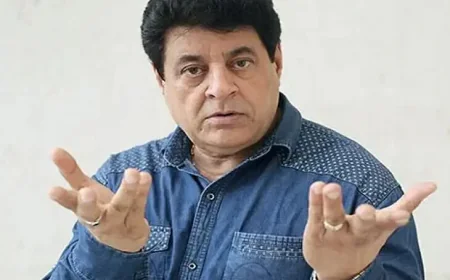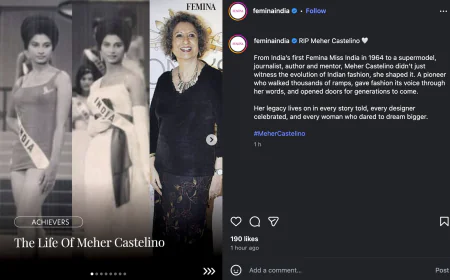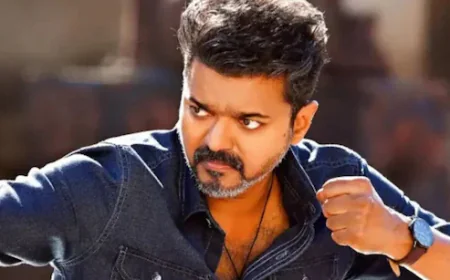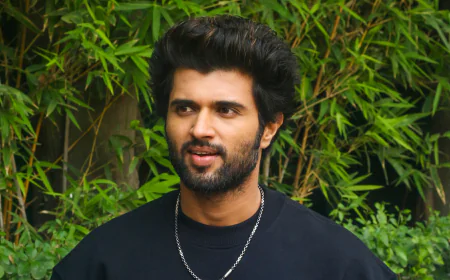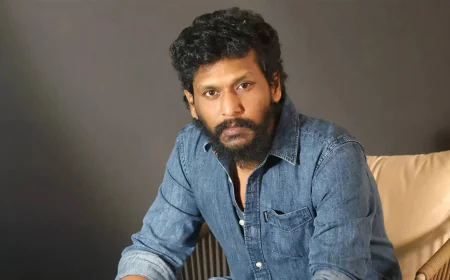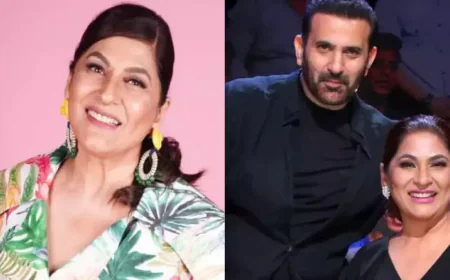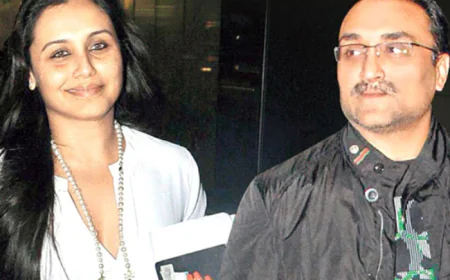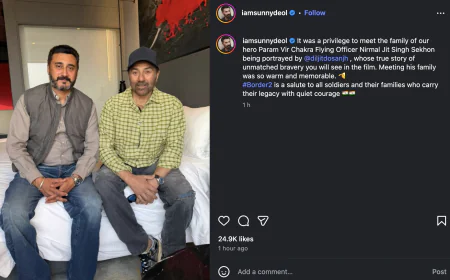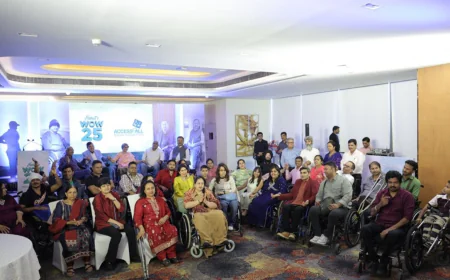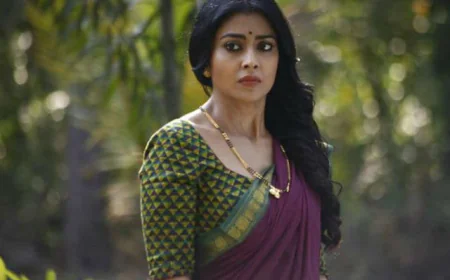Jamai No. 1 Shocks with Bold Domestic Violence Storyline
Riddhi calls police on brother Pratham in Jamai No. 1, sparking family drama and a powerful message against domestic violence.
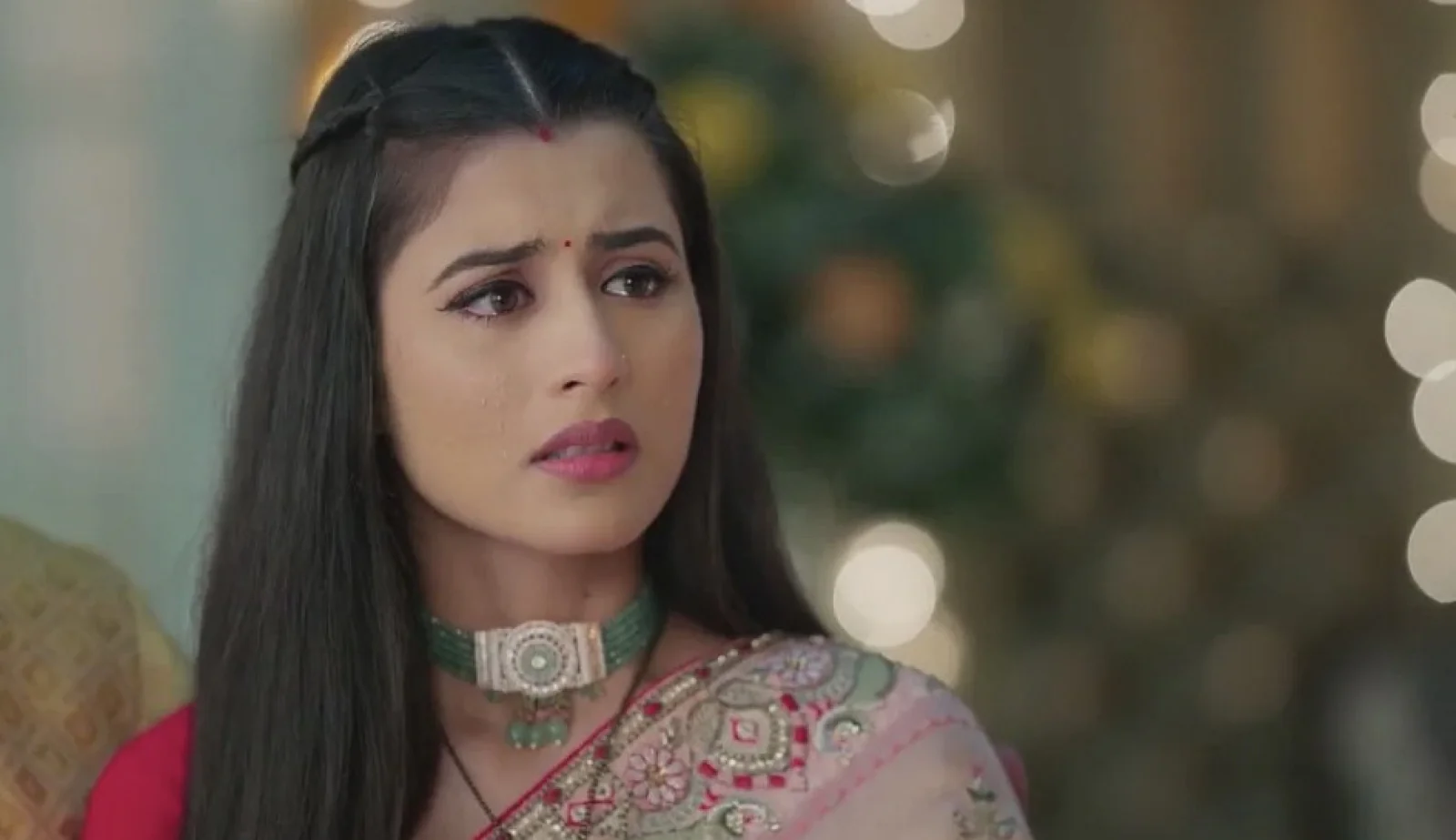
In a gripping episode of the popular Indian television drama Jamai No. 1, aired recently, viewers witnessed a powerful narrative tackling the sensitive issue of domestic violence. The show delivered a hard-hitting message: silence in the face of abuse, even when committed by a loved one, is never an option. The episode’s raw emotional intensity and bold storytelling have sparked widespread discussion, resonating with audiences who value truth and justice over familial loyalty.
The episode centers on Riddhi, portrayed as a beacon of courage, who takes a stand against her brother Pratham after he physically assaults his wife, Manjari. In a dramatic turn, Riddhi refuses to let the incident slide, choosing instead to call the police to ensure her brother faces legal consequences. This decision sends shockwaves through the family, exposing deep-seated tensions and challenging traditional notions of family honor. Riddhi’s actions underscore the show’s core message: domestic violence, no matter how “minor” it may seem, is a violation of dignity that demands accountability.
Manjari, initially hesitant to speak out, finds strength through Riddhi’s unwavering support. Riddhi’s poignant words—“A slap is never just a slap”—highlight the profound emotional and psychological toll of abuse. She draws from her mother Kanchan’s own painful past, revealing that Kanchan endured similar violence in her marriage. This revelation adds depth to the narrative, showing how cycles of abuse can persist across generations if left unchallenged. Riddhi’s resolve to break this cycle, even at the cost of family harmony, positions her as a symbol of empowerment and moral clarity.
However, not everyone in the family supports Riddhi’s bold stance. Kanchan, torn between her role as a mother and her fear of societal judgment, reacts with anger. She accuses Riddhi of tarnishing the family’s reputation by involving the police, arguing that Pratham’s actions were a one-time lapse. In a heated confrontation, Kanchan even blames Riddhi’s husband, Neel, for influencing her daughter’s decision, deepening the family rift. The episode’s most heart-wrenching moment comes when Kanchan, in a fit of rage, curses Riddhi, predicting that her marriage to Neel will end in heartbreak. This shocking outburst leaves the family—and viewers—reeling, setting the stage for future conflict.
The episode’s emotional weight is amplified by its unflinching portrayal of the complexities surrounding domestic violence. It challenges the cultural tendency to prioritize family unity over justice, urging viewers to confront uncomfortable truths. By showcasing Riddhi’s courage and Manjari’s journey toward empowerment, Jamai No. 1 delivers a narrative that is both relatable and inspiring. The show’s writers have drawn from real-world issues, ensuring the storyline feels authentic and grounded, while the performances bring raw emotion to the forefront.
Want to get your story featured as above? click here!
Want to get your story featured as above? click here!
As the episode concludes, Riddhi stands at a crossroads, having chosen a path of truth and sacrifice. The looming question—whether Kanchan’s curse will haunt Riddhi or whether her actions will inspire lasting change—keeps viewers eagerly awaiting the next installment. This bold narrative reinforces Jamai No. 1’s reputation for tackling social issues with sensitivity and courage, making it a standout in Indian television.
For those following the series, this episode serves as a reminder that speaking out against injustice, even within the family, is a powerful act of courage. As discussions around domestic violence continue to gain traction in India, Jamai No. 1 offers a timely and impactful contribution to the conversation, urging viewers to prioritize justice over silence.








